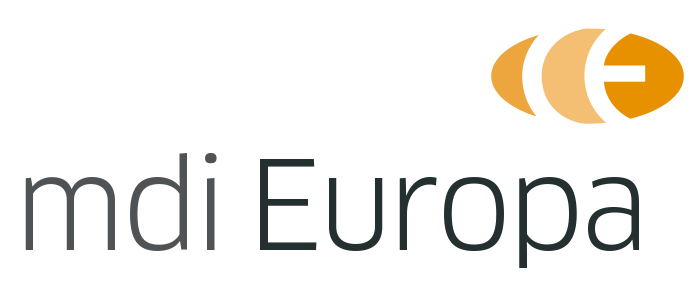The European Commission’s Artificial Intelligence (AI) Act looks as if it will be adopted after 13 amendments were agreed on by members of the European Parliament. This milestone legislation will have a huge effect on all AI products, including many medical devices as it will mean new compliance requirements for many devices.
Following acceptance by the parliament, trilogue discussions will begin between the Commission, the Parliament and the Council of the EU.
Although many of the controversial features of the AI Act draft do not directly involve the medical device sector, it is essential that the sector take heed of the proposed regulation as it ascends moves through the European political and legal system. As a horizontal regulation, the AI Act imposes stringent requirements for any product that is an AI system, or which has an AI component meant to be used as a safety component of the product.
According to the draft text any medical device with AI components which entails the involvement of a notified body during a conformity assessment under Regulation (EU) 2017/745 on Medical Devices or Regulation (EU) 2017/746 on In Vitro Diagnostic Medical Devices (MDR or IVDR) would automatically be classified as a high-risk device under the AI Act.
Source: Medtech Insight (an Informa product)
Accompanying this subject we recommend the following content on our website
- EU notified bodies on harmonised standards regarding cybersecurity
- Cybersecurity in the EU
- EU has to deal with discords between AI and medical device rules
- New artificial intelligence regulations could lead to unnecessary burdens
- bsi develops guidelines for the application of ISO 14971 to artificial intelligence and machine learning





